Introduce yourself!
My name is Nick Swanepoel and I was born in Kenya. My mother came from England after the war and my father came from South Africa. My first travel experience was when my dad and I drove down from Kenya to South Africa in 1961; I was just 12 at the time! The nine-day trip took us through Tanzania, Northern Rhodesia (Zambia today), Southern Rhodesia (Zimbabwe) and finally South Africa. At one point while crossing the Serengeti in Tanzania at about midnight, an eland jumped into the road and we hit it with our Land Rover, bending one light that shone on the trees instead of the road! I am really not a great adventurer, yet I have experienced the most incredible adventures.
What sparked your interest to begin working as a missionary?
I became a Christian as a young man and to say it was life transforming would be putting it mildly. I was challenged by the fact that there were many people who would never have the opportunity to know the wonderful love of Christ unless someone crossed the geographical, language, cultural and religious barriers, and told them.
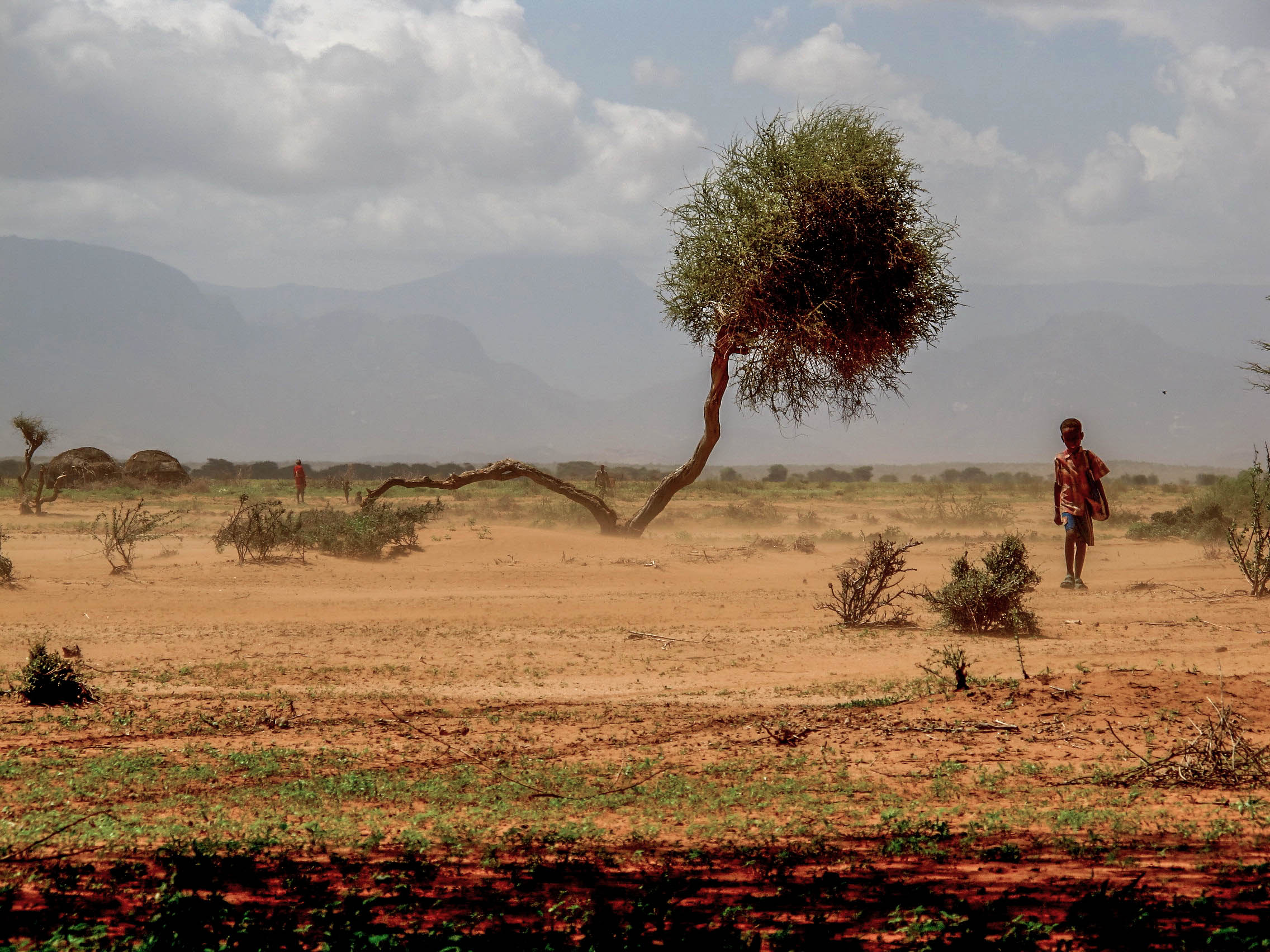


Do you work with a specific organization? How do you generally choose which locations you will work in?
We work with Africa Inland Mission but came to Kenya initially with Wycliffe Bible Translators. The location is usually assigned by the administration in consultation with the missionaries involved. We were given a list of fourteen languages in Kenya needing Bible translation, and the Rendile people were at the top of the list. Being South Africans, at that time most of Africa was a closed continent to us, so we anticipated going to Australia to work amongst the Aborigines as Bible translators instead. After inquiring from the British Embassy about what it would take to become British Citizens in order to work within Africa, they declared that I was in fact a British citizen by lineage and only needed to apply for a passport.
You are currently working in Northern Kenya. How long have you been working there?
After a three-month Africa Orientation course in Cameroon, we moved to Korr on 1st September 1982, and have lived here ever since; our children were six, five, and one years old at the time. On our first night at about three o’ clock in the morning, we woke to hear an ominous grunting sound, together with the pounding of many feet. We had no fence around the house and the sound came closer and closer – leaving us anxious and sitting up in our beds! The singing eventually reached a crescendo, and then gradually started to fade off into the distance. We later learned that the singing was coming from a group of warriors returning home from a dance.
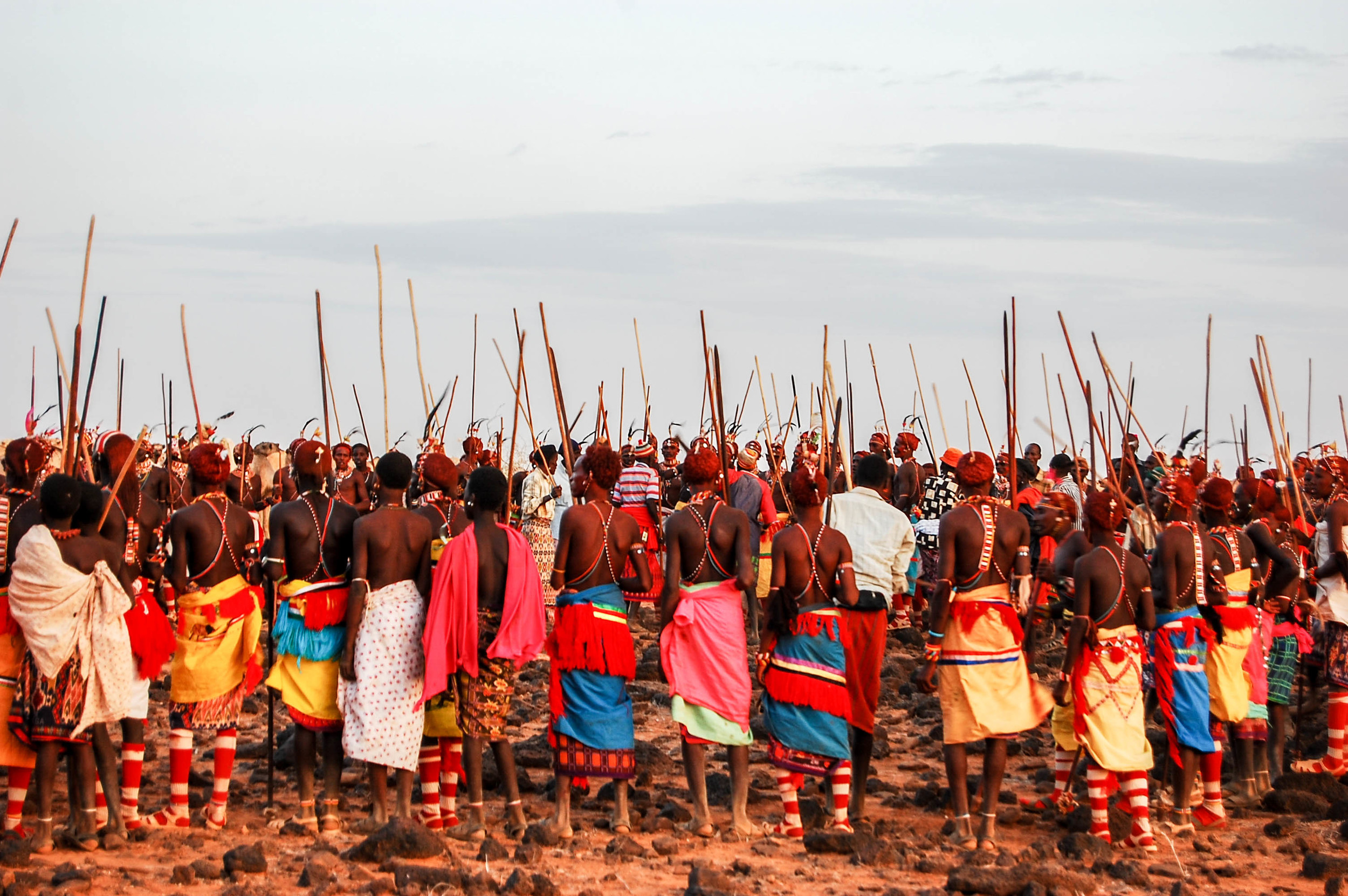
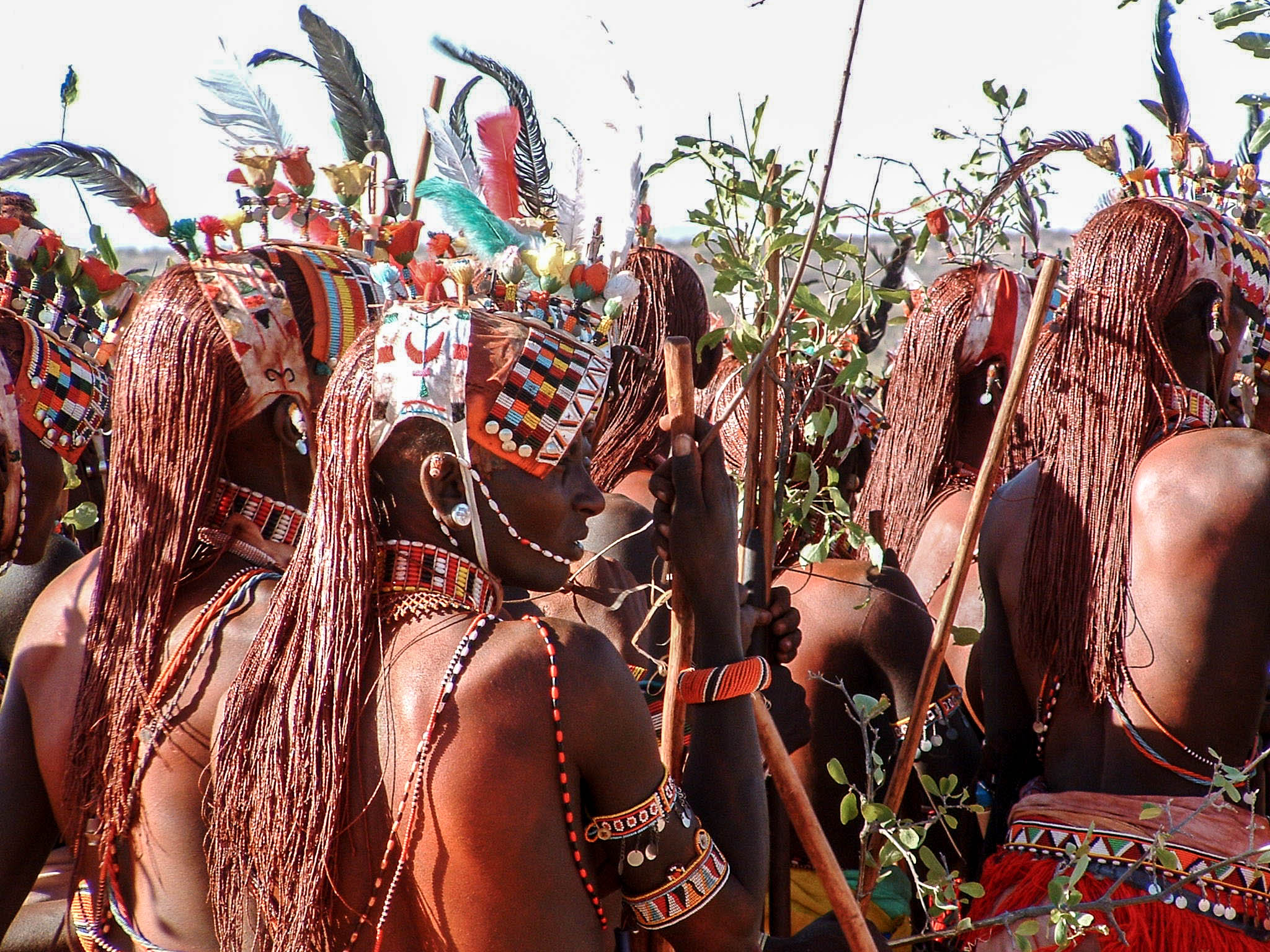
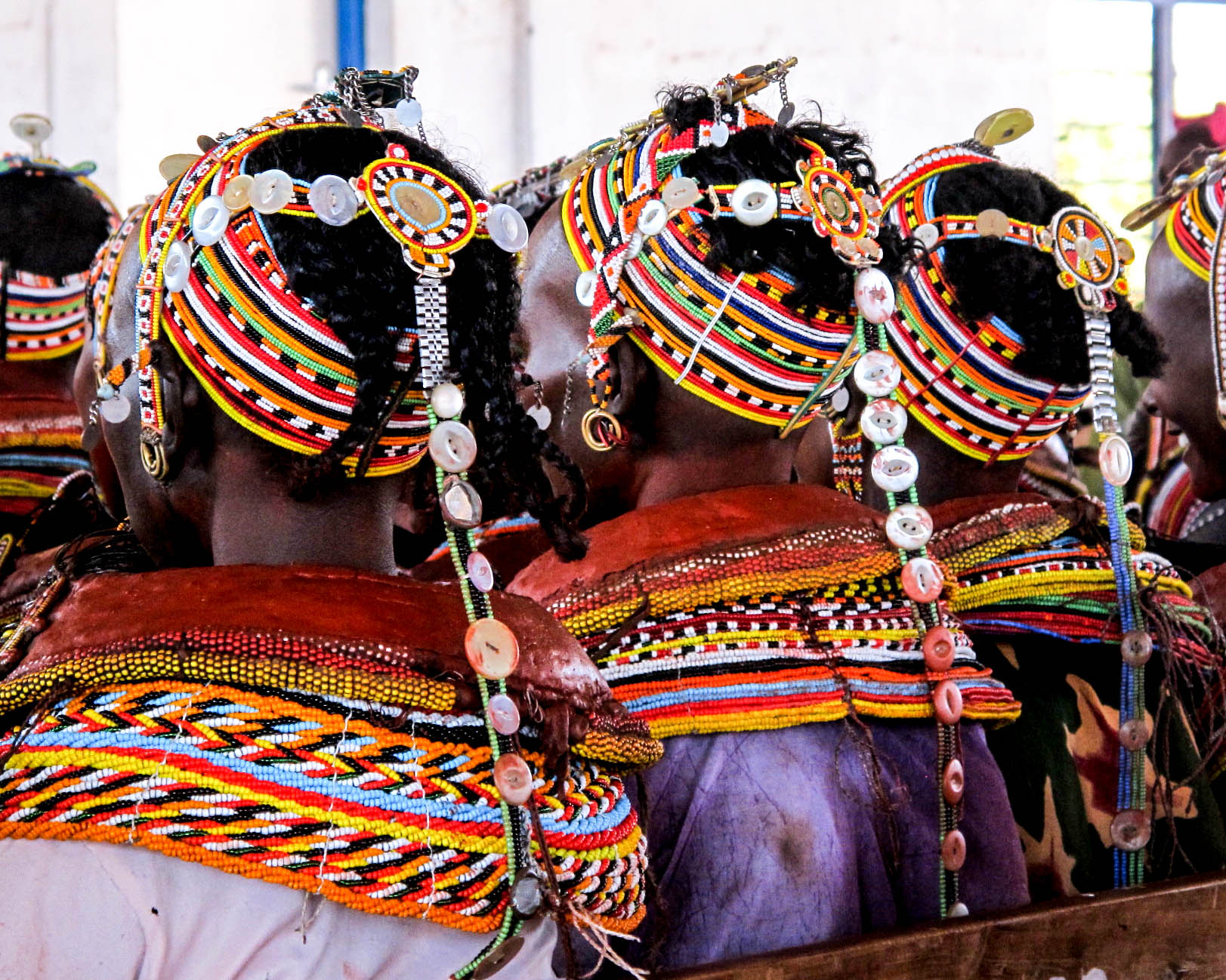

Could you describe the culture of the people you have been exposed to?
The Rendille are very outgoing people with a great sense of humor and are nomads who care for camels, goats and sheep in a very remote and arid area of northern Kenya. No crops are possible here and the herders take their livestock far away in search of grazing. The Rendille also have an age-set system and every fourteen years, there is a widespread circumcision ceremony. Following this rite of passage, the boys become warriors, with the responsibility of protecting the livestock from predators and enemy tribes. After about 12 years of warrior hood, the warriors all marry within about two years, and then the next group gets circumcised. Marriage results in the girl getting a hut for the first time. The mother takes the best of her wild sisal mats and gives them to the daughter to build her own hut. The community lives in clan-based villages, which move on an average of up to four times a year, with a typical village containing up to 100 huts!
What would you say has been your most memorable moment of the experience?
So much is memorable, like rushing a man to hospital after a lion grabbed his head, or another time when I attempted to pull a camel out of the well.


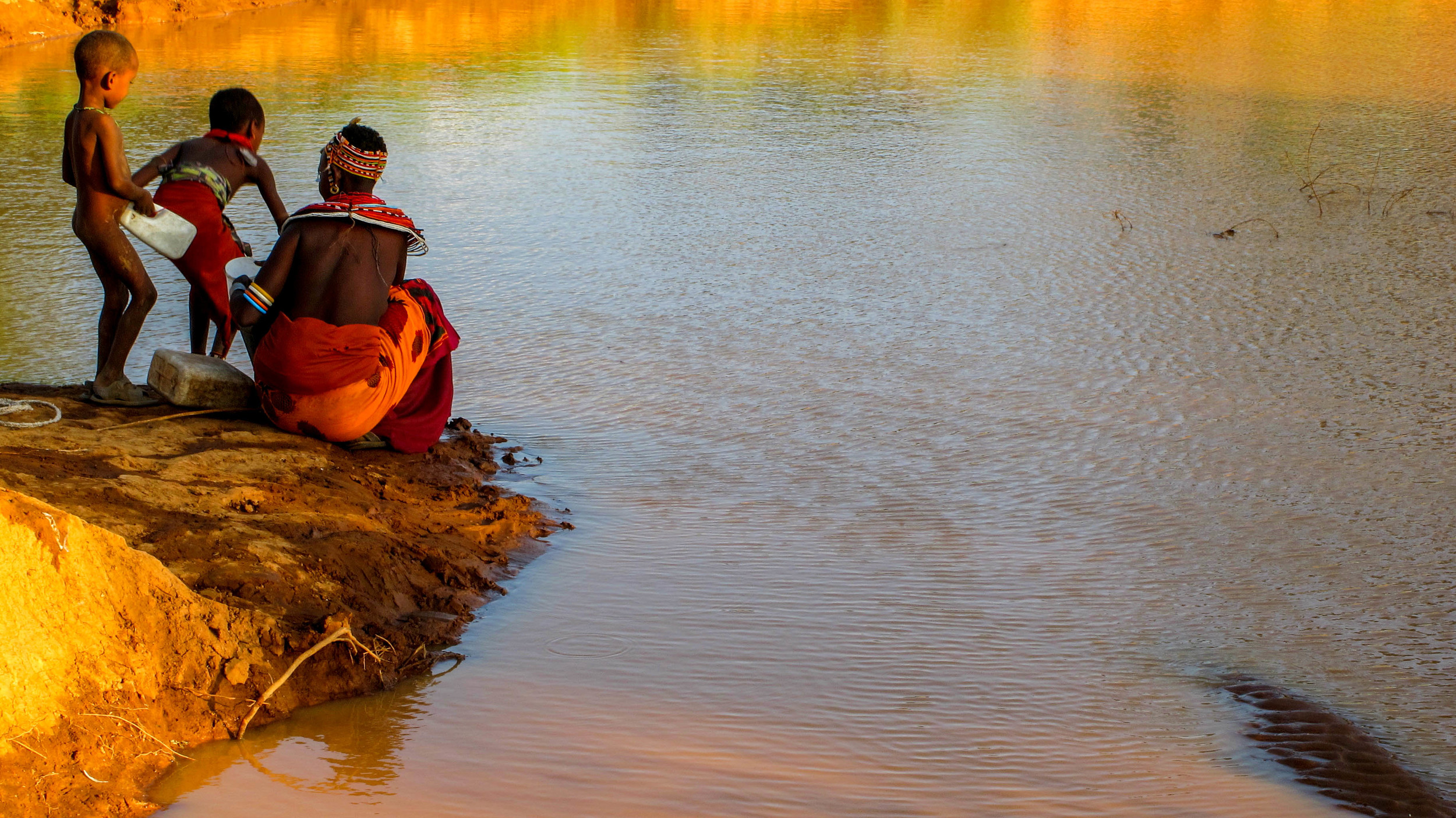
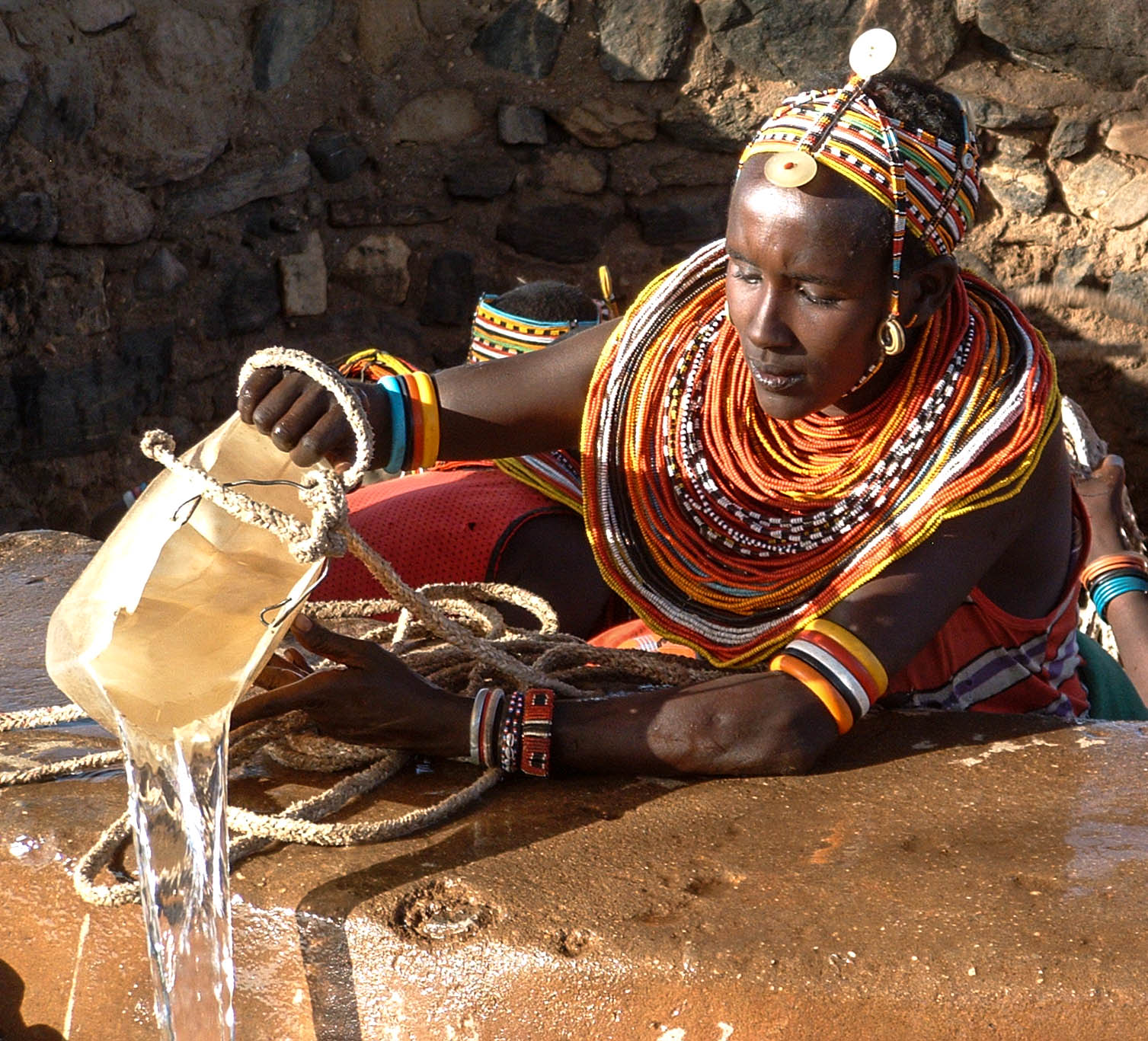
What impact did you hope to make on the community?
It may be more accurate to focus on the impacts we have seen realized such as creating an alphabet for an unwritten language, creating a restocking program that brought back dignity and financial empowerment to those that had been totally impoverished through drought and famine, developing water resources to enable more people to have access to clean water, developing two primary schools, and one secondary school for the children of the nomads, and translating the New Testament into the Rendille language.
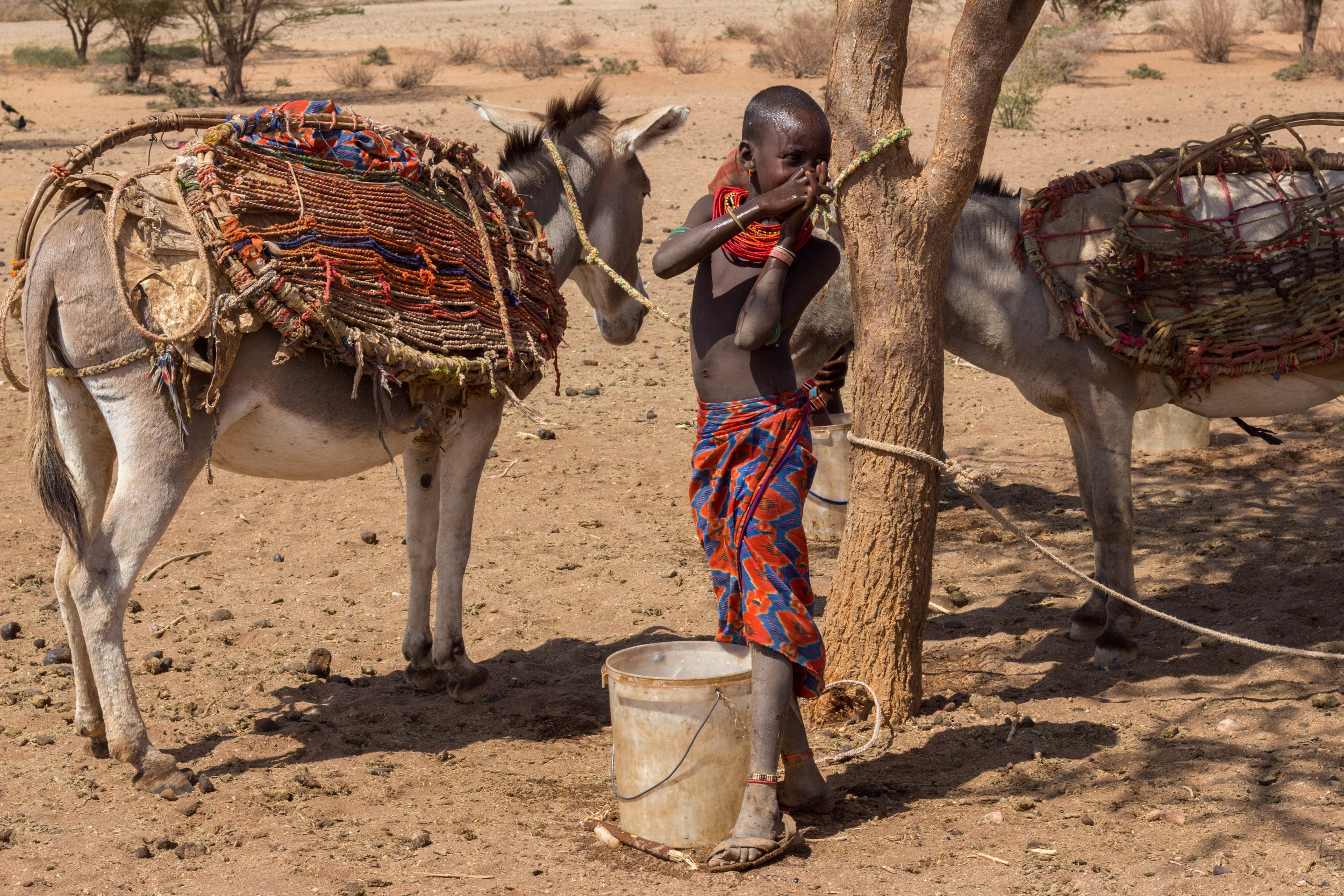
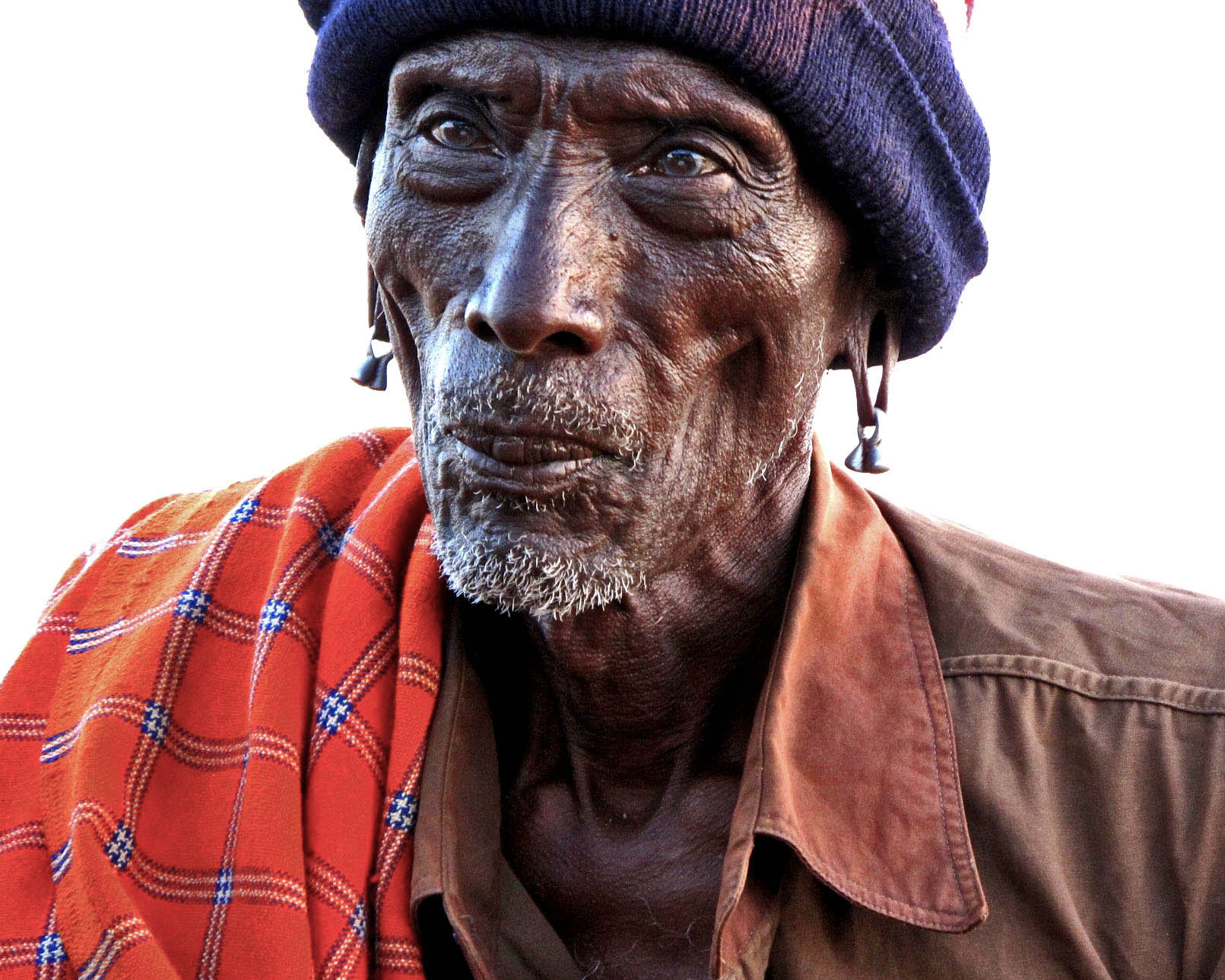

How has the experience impacted you?
What a big question! When we arrived in Rendille country, I was overwhelmed at the enormity of the task, and immediately cried out to God. He was the one who has brought it all about, so the honor should rightfully go back to Him! The experience of learning a language and putting it into writing, of becoming part of the community, of learning the worldview of people so totally different from me, has changed me profoundly. I have had to study the Bible in depth in order to translate it into their language. Seeing the life of a woman totally transformed after she read the gospel of Mark in her mother tongue was very humbling.

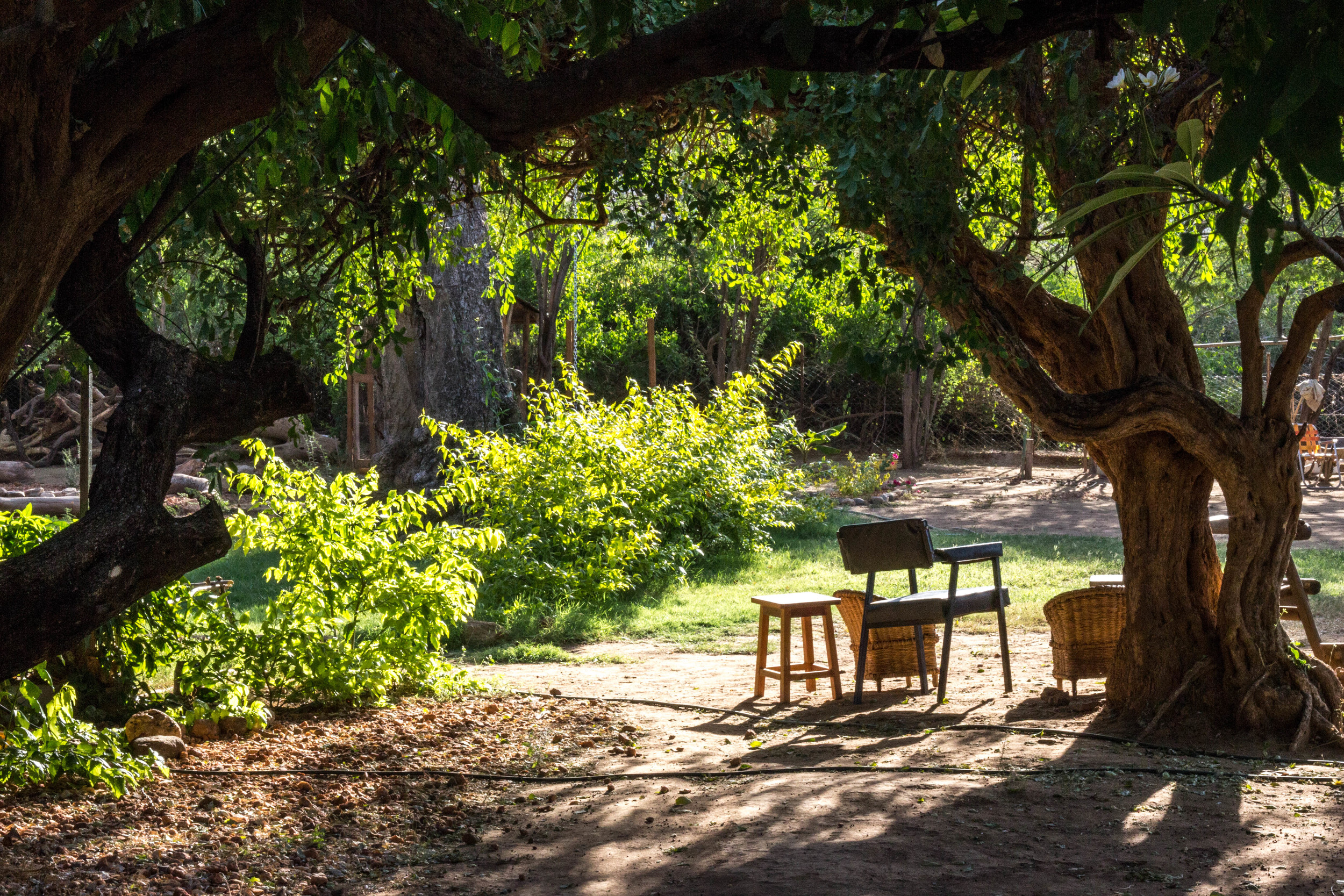
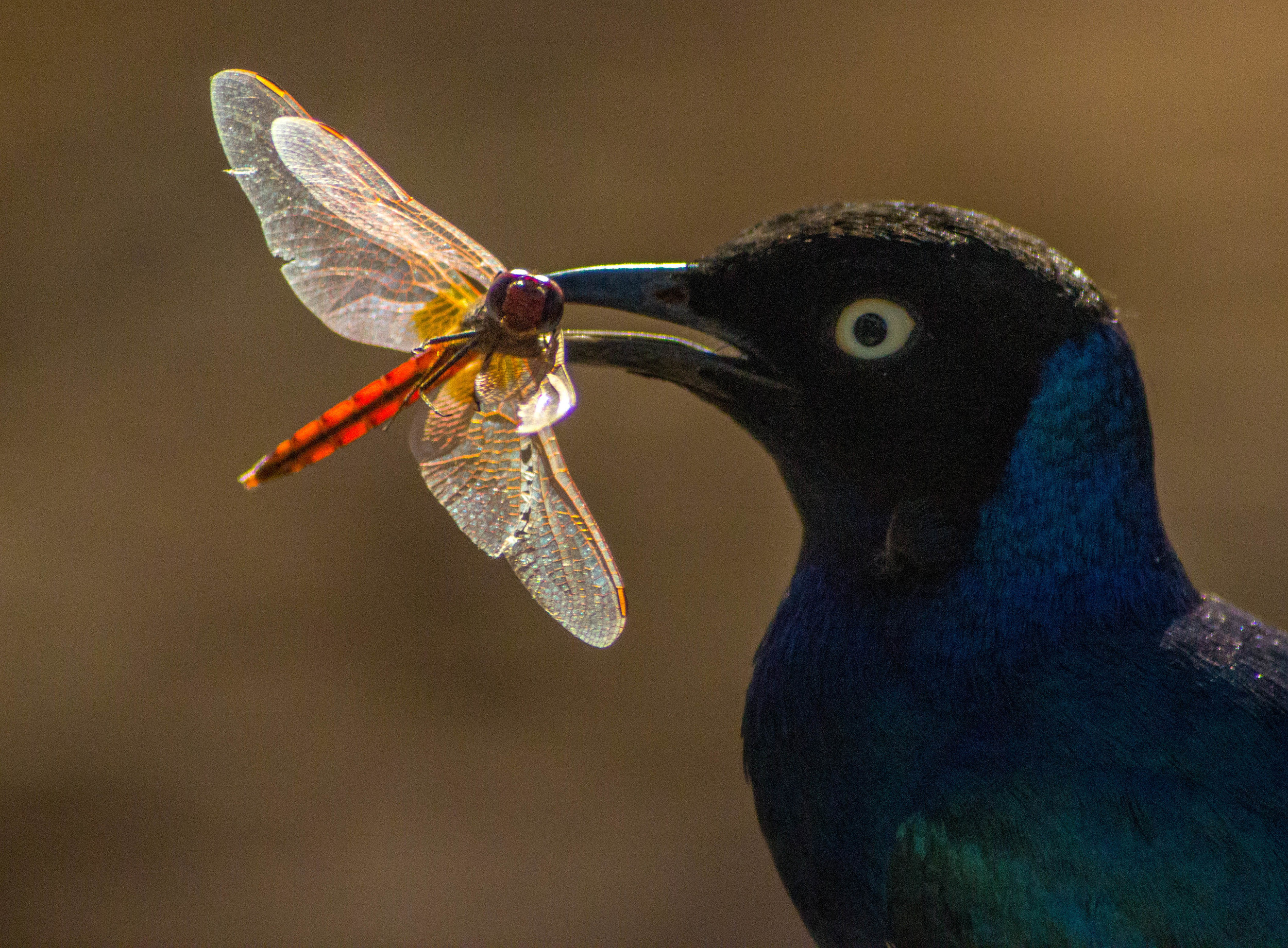
Of all the photos you captured throughout the years, which would you say is your favorite?
I love the photo of the Superb Starling (see above) with the red dragonfly in its beak. I was sitting trying to capture the starlings coming for a drink and had my 400 mm zoom lens, when suddenly this bird appeared. It was just at the absolute minimum range I could capture it. I was so excited I was trembling, fearful that he would fly before I could actually capture it properly.
Are there any common misconceptions about the community you would like to clarify and debunk?
Actually the Rendille are hardly known in Kenya. Many people in Nairobi have never heard of them! I hope that with the growing development in northern Kenya, more people will come to know this amazing group of resilient people.
What advice and recommendations do you have for others interested in traveling with a similar purpose?
Do not embark on this kind of work without the calling of God. Go with a desire to learn, with a readiness to be stretched far beyond what you have experienced previously, but be ready to be enriched in measureless ways.
What’s next for you?
We are busy packing up, sorting through 33 years of stuff, in order to move back to Cape Town, South Africa in January. I will continue with the Bible translation for another two years from there to see the New Testament come to completion.
To see more of Nick's photography capturing the spirit of the Rendille, be sure to follow him @Hafarre on Instagram.
Images Courtesy of Nick Swanepoel








